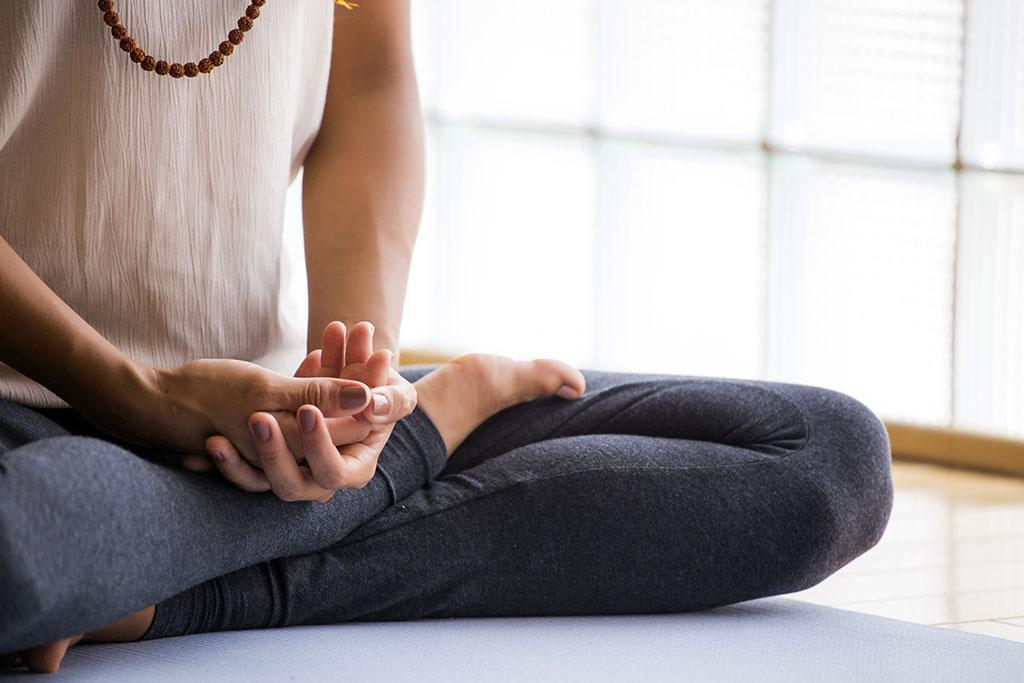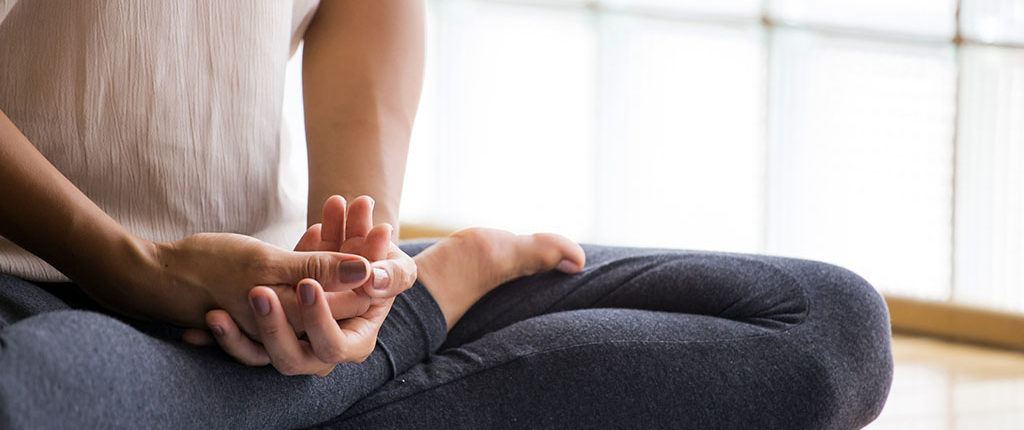
Meditation has been a common practice for centuries. Today, it’s a commonly recommended practice to reduce an even more common problem: stress. We all experience stress every day, and many of us simply deal with it, rather than doing something about it. However, meditation is a simple, cost-free way to reduce stress and increase positivity in your day-to-day life.
The best thing about meditation is that anyone can do it! More than that, it’s free, and it doesn’t require any kind of special equipment or tools. You also don’t have to be anywhere in particular. You can practice meditation while you’re riding the bus, waiting at the doctor’s, or during your lunch break. Even better, those with physical limitations will have no problem meditating. Meditation is considered a complementary medicine, meaning it isn’t traditional scientific medicine, but it is used alongside it for additional health benefits. Meditation is able to produce a sense of inner calm and relaxation. What’s even better is that these feelings don’t simply end once you’re done meditating. They can continue to support you through the rest of your day. In terms of health benefits, studies have shown that meditation can reduce blood pressure, reduce anxiety and depression, and ease insomnia. It can also help with pain management and with certain psychological disorders.
First, there are a few key elements of meditation, common things to consider when you give it a try:
- Focused attention (keeping your mind free of distractions)
- Relaxed breathing (deep, even, slow breathing)
- Quiet setting (not entirely necessary, but it helps if there are fewer distractions)
- Comfortable position (it can be lying, sitting, or standing, as long as it’s comfortable)
- Open attitude (it’s important to let thoughts just pass through your mind)
There are a number of ways to meditate, and here are a few of them:
- Guided Meditation – Sometimes led by a guide or teacher, this kind of meditation is about “finding your happy place.” Try creating a mental picture of a place you find relaxing. Then, think of the sounds that are there, the smells. Use all your senses to create a peaceful picture, and place yourself in it.
- Mantra Meditation – This involves repeating a calming word or phrase to tune out other distractions.
- Mindfulness Meditation – This is about being mindful of yourself. For example, focus on the sound of your breath, and feel the air passing in and out.
Meditation can be a great way to manage stress and help with other health concerns. However, it’s important to remember that it’s a complementary medicine, so it isn’t a replacement for regular healthcare. It’s important to keep regular doctor’s appointments, using meditation as a way to add to the treatment you’re receiving.
